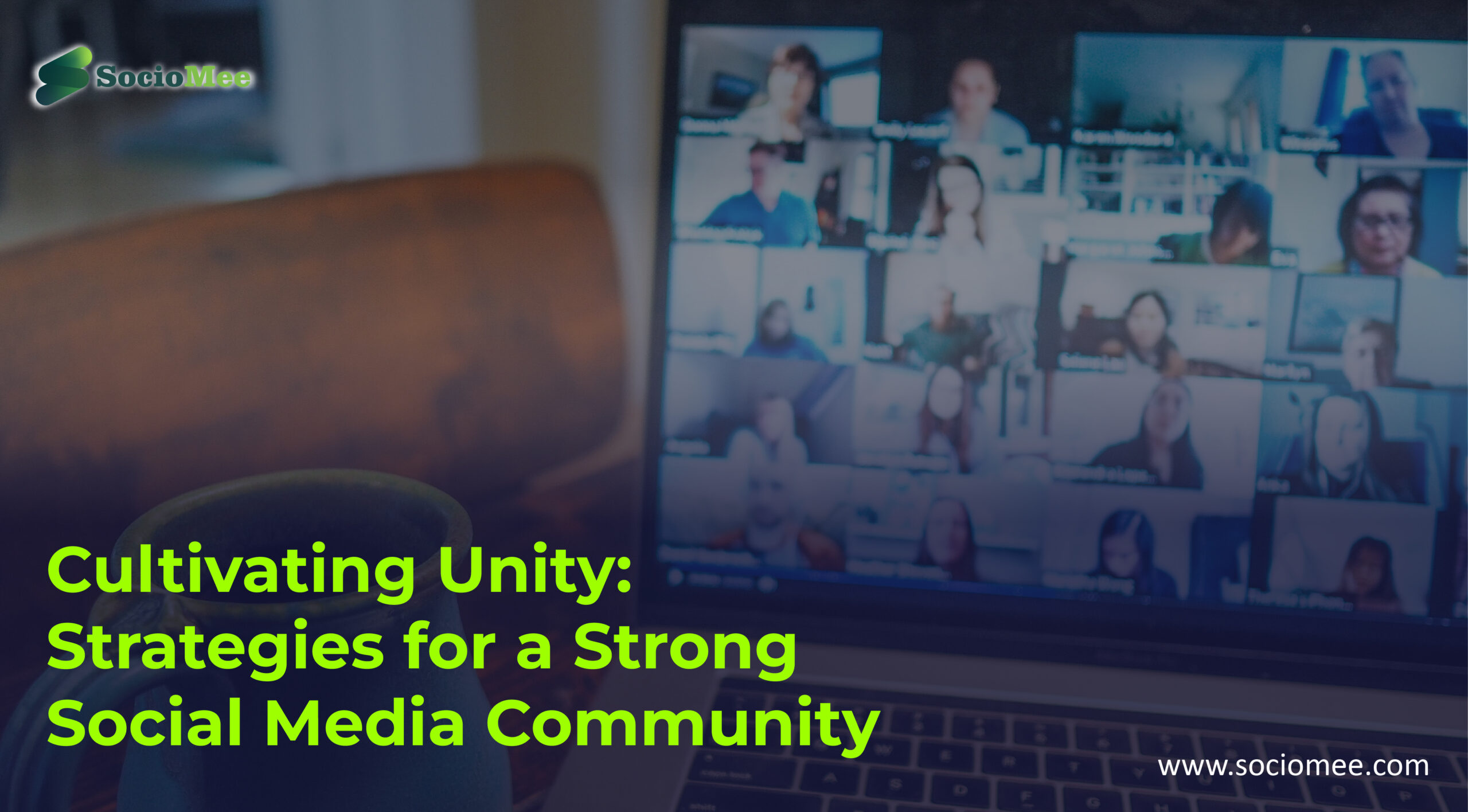Hackers are always looking for new ways to exploit social media trends for their own gain. Here are some tips to help you protect yourself from becoming a victim of these cyber criminals. Be aware of what trends are popular on social media and what information you are sharing about yourself online. Hackers can use this information to target you with phishing scams and other malicious attacks.
Be wary of accepting friend requests from strangers. These strangers could be hackers posing as someone else in an attempt to gain access to your personal information. Be cautious about clicking on links in social media posts. Hackers often use trending topics to spread malicious links that can infect your device with malware or steal your personal information. Keep your security settings up to date on all social media platforms. This will help to ensure that only people you want to have access to your information can see it. Report any suspicious activity on social media to the platform provider and to law enforcement.
By taking these precautions, you can help to protect yourself from becoming a victim of a social media hack.
#1. Understand what a social media trend is and how it can be exploited by hackers:
When it comes to social media, there is no such thing as privacy. Anything and everything you post online is fair game for hackers, which is why it’s important to be aware of the latest social media trends.
A social media trend is simply a popular topic or hashtag that is being talked about on other social media platforms. These trends can be exploited by hackers in a number of ways. For example, hackers may create fake accounts and use popular trends to lure people into clicking on malicious links. They may also use trending topics to spread misinformation or to phish for personal information.
The best way to protect yourself from these types of attacks is to be aware of what’s trending and to use caution when clicking on links or interacting with people you don’t know. If something is acknowledged to be too fundamental to be acceptable, it most likely is. So next time you see a trending topic, take a moment to think about it before you click “like” or retweet. Your personally identifiable information could be jeopardised.
#2. Be aware of the most popular social media platforms and the trends that are happening on each of them:
As a business owner, you should be aware of the most popular social media platforms and the trends that are happening on each of them. This will allow you to better connect with your target audience and stay ahead of the competition. Some of the most popular social media platforms include SocioMee. The platform has its own unique features and users such as staying in touch with friends and family, also ideal for business networking.
It’s important to stay up-to-date with the latest trends on social media. For example, SocioMee is becoming increasingly popular with millennials. If you’re not registered with SocioMee, you’re missing out on a huge opportunity to connect with this demographic.
Here are some tips for staying up-to-date with social media trends:
- Follow influencers in your industry. These people are usually on the cutting edge of what’s new and popular.
- Set up Google alerts for keywords related to social media.This should enable users to stay informed on the current technologies and developments.
- Check out social media blogs. There are many great blogs that provide valuable insights into the latest social media trends.
By following these tips, you’ll be sure to stay up-to-date with the latest social media trends. This will allow you to better connect with your target audience and stay ahead of the competition.
Connect with new world
#3. Pay attention to the content you share on social media, and be cautious of any links or attachments you click on:
In the age of social media, it’s important to be aware of the content you share. Be cautious of any links or attachments you click on, as they could be malicious. If you’re not careful, you could end up sharing sensitive information or downloading malware. So pay attention to what you post, and only click on links from sources you trust.
It’s also a good idea to keep your privacy settings tight, so that only your friends or family can see what you share. That way, you can avoid unwanted attention from strangers. So be mindful of the content you share on social media, and only click on links from people you know and trust.
By doing so, you can help protect yourself and your loved ones from potential harm.
#4. Keep your personal information private and be aware of the risks of sharing too much online:
In an age where social media dominates and sharing information is the norm, it’s important to be aware of the risks of sharing too much online. While there are many benefits to sharing personal information online, there are also risks involved. By sharing too much information, you could be opening yourself up to identity theft, fraud, or other malicious activity.
Here are some tips to help you keep your personal information private and avoid the risks of sharing too much online:
- Be selective about what you share: Think carefully about what information you’re sharing and who you’re sharing it with. Not everyone needs to know your address, phone number, or other personal details.
- Use privacy settings: Many social media platforms and websites offer privacy settings that allow you to control who can see your information. Use these settings to limit access to only those people who you trust.
- Keep your passwords secure: Choose strong passwords for all of your online accounts and don’t use the same password for multiple accounts. Passwords should not contain easily guessed words or personal information.
- Be aware of phishing scams: Be suspicious of any emails, texts, or other messages that ask for personal information or direct you to a website that looks suspicious. Don’t click on links or open attachments from unknown sources.
- Monitor your activity: Keep an eye on your credit card and bank statements for any suspicious activity. Review your social media accounts regularly to check for any unauthorized activity.
By following these tips, you can help protect your personal information and avoid the risks of sharing too much online.
#5. Use strong passwords and security measures to protect your accounts from being hacked:
Hackers are always looking for new ways to break into people’s online accounts. They often target popular websites and services, using methods like phishing and brute force attacks.
Using complex passwords is one of the strongest ways to keep your accounts secure from attackers. A difficult to guess or crack password is a strong password. It needs to be at minimum eight characters long and include a combination of uppercase and lowercase letters, numbers, and symbols.
In addition to using strong passwords, you should also take other security measures to protect your accounts. This includes enabling two-factor authentication, if available.
In terms of your password, two-factor authentication adds an extra degree of security by forcing you to enter a code from your mobile phone or other device. You should also use caution while sharing information on the web. Social engineering tactics can be used by hackers to deceive you into disclosing sensitive information, such as your password. Be careful of any email, message, or website that requests personal or financial details from you.
By taking these precautions, you can help keep your accounts safe from hackers.
Connect with new social community
#6. Stay up to date on the latest security threats and be proactive in protecting yourself from them:
The best way to stay up to date on the latest security threats is to be proactive in protecting yourself from them. By taking steps to secure your computer and your online information, you can help to keep yourself safe from the latest threats. One way to stay up to date on security threats is to follow security-related news sources.
By keeping up with the latest news, you can learn about new threats as they emerge and take steps to protect yourself. You can also find out about new security products and services that can help to keep you safe. Another way to stay up to date on security threats is to regularly scan your computer for malware and viruses.
By using an antivirus program, you can help to protect your computer from many of the latest threats. You should also make sure to keep your operating system and software up to date, as new security patches are released regularly. Finally, you should always be cautious when sharing personal information online.
Be sure to only share information with trusted sources, and never click on links or attachments from unknown sources. By following these simple tips, you can help to keep yourself safe from the latest security threats.
Conclusion
The best way to protect yourself from hackers is to be aware of the most common ways they exploit social media trends. By understanding how hackers operate, you can be more vigilant in your online activity and better equipped to defend yourself against their attacks.
Stay safe online by keeping up with the latest security news and being cautious about the information you share on social media.









